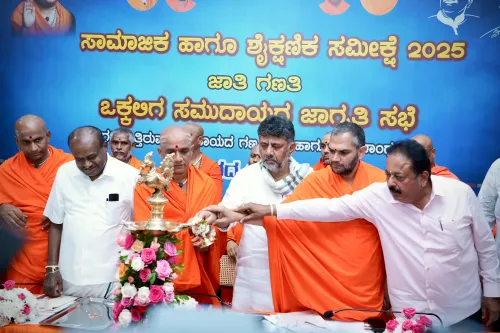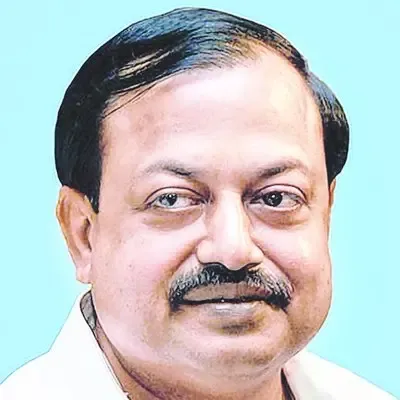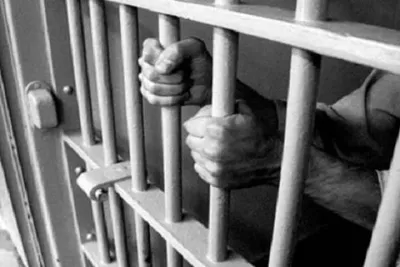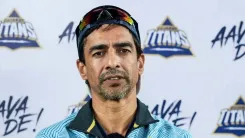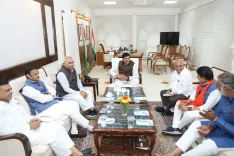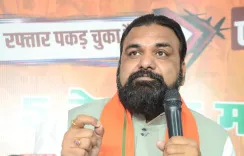Is Kerala Leading the Way in Sustainable Blue Economy?
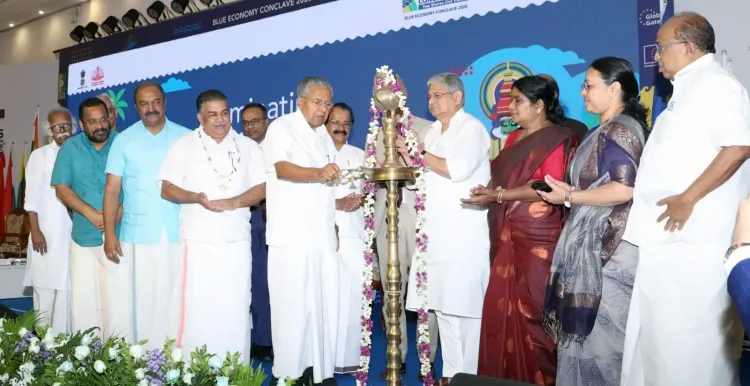
Synopsis
Key Takeaways
- Kerala's Blue Economy Vision emphasizes sustainability and economic growth.
- The state aims to be a global leader in sustainable maritime practices.
- International collaboration is crucial for unlocking opportunities.
- The Vizhinjam Port is poised to be a key transshipment hub.
- Over a million people depend on fishing and allied activities.
Thiruvananthapuram, Sep 19 (NationPress) Chief Minister Pinarayi Vijayan stated on Friday that Kerala is adopting a Blue Economy Vision that harmonizes economic progress with ecological preservation and livelihood enhancement, establishing the state as a benchmark for global collaboration within this essential sector.
During the inauguration of the Kerala-EU Blue Economy Conclave "Blue Tides" in Thiruvananthapuram, he mentioned that working together with the European Union, underpinned by mutual respect and shared principles, could unleash vast potentials.
"This conclave is not merely about discussions but about forging a collective future," Vijayan remarked.
Present at the inaugural event were Union Minister of Fisheries, Animal Husbandry, and Dairying Rajiv Ranjan Singh, EU Ambassador to India Herve Delphin, and Union Minister of State for Fisheries George Kurian, with Kerala Fisheries Minister Saji Cherian presiding.
Union Ports and Shipping Minister Sarbananda Sonowal also addressed the meeting via online platform.
Reiterating Kerala’s rich maritime heritage, Vijayan noted that the state is progressively reshaping its economic landscape through substantial infrastructure investments.
He pointed out the Vizhinjam International Deepwater Multipurpose Seaport as one of India's most sophisticated maritime projects, evolving into a global transshipment center.
"With a coastline stretching 600 kilometers, the sea is integral to Kerala’s economy, culture, and identity. More than a million individuals rely on fisheries and related activities; they are not only laborers but also guardians of biodiversity and traditional knowledge," Vijayan stated.
The Chief Minister outlined the state’s endeavors to modernize fishing harbors, promote deep-sea fishing, enhance value addition, and protect small-scale fishers’ livelihoods while expanding seafood processing and exports.
Rajiv Ranjan Singh highlighted Kerala's critical role in the Union government’s blue economy strategy, stating, "Kerala has set an example in innovation, sustainability, and livelihood enhancement in fisheries."
In his keynote address, Delphin emphasized that Europe is eager to establish partnerships rooted in sustainability and innovation, describing Kerala as "a prime destination" for collaboration in the blue economy.
Sonowal remarked that the conclave underscores India’s commitment to sustainable blue economy development, while Kurian stressed the importance of forging robust partnerships to realize India’s developmental vision.
Cherian said the conclave signifies Kerala’s resolve, India’s aspirations, and Europe’s collaborative spirit, ensuring the ocean benefits both humanity and the environment.
State Ministers, business leaders, including Lulu Group CMD M.A. Yusuff Ali, senior officials, and representatives from 18 EU nations participated in this significant event.
The two-day conclave, organized by Kerala’s Fisheries Department with support from the Union Government and the EU, aims to position Kerala as a global hub for sustainable maritime partnerships.

